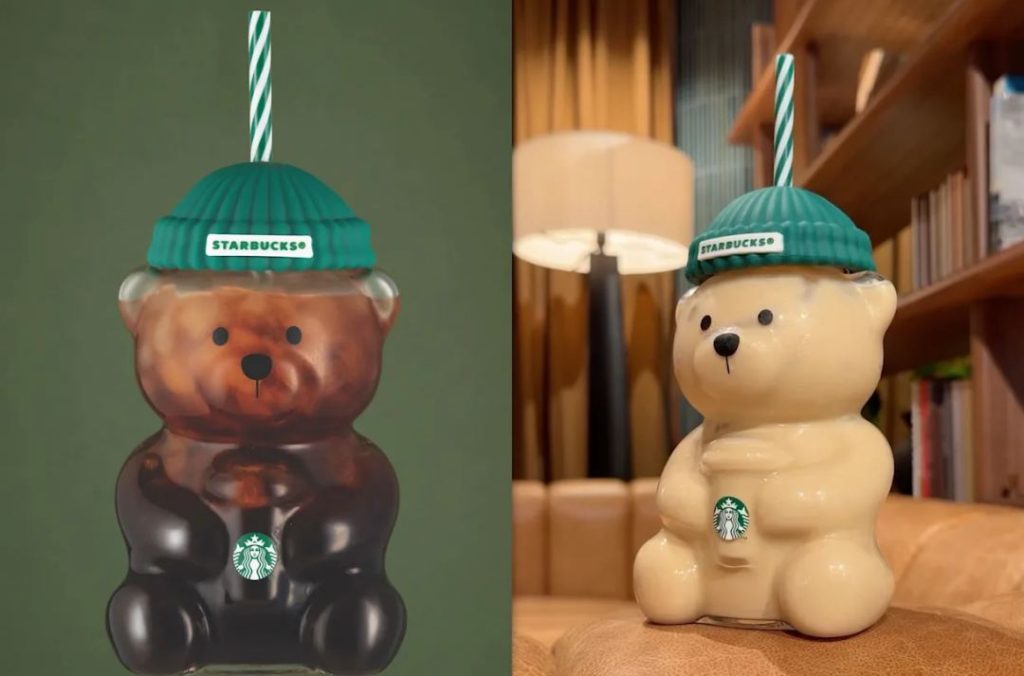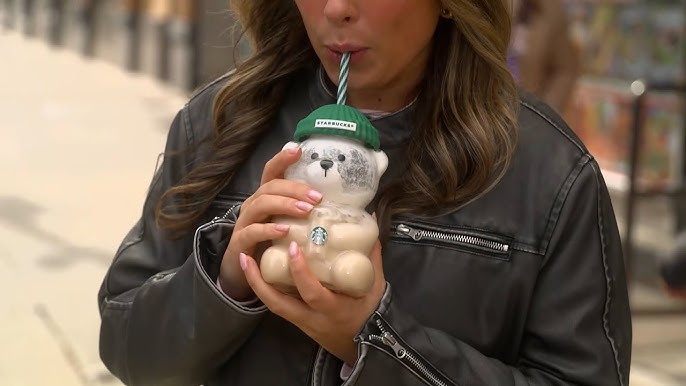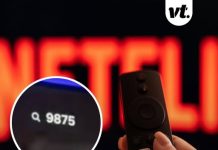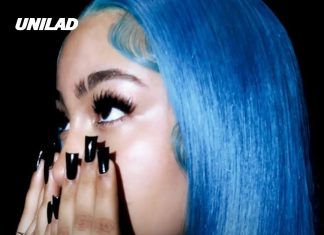When Starbucks rolled out its new “Bearista” cold‑cup a bear‑shaped glass container sporting a green beanie‑style lid and promotional appeal — the hype around it was immediate. Released as part of the holiday merchandise lineup, the collectible item retailed for just under $30, but it quickly turned into a hard‑to‑get trophy rather than an easy everyday buy. Tensions surged when some customers alleged that store employees purchased the cups before regular buyers ever had a chance to get one.
Early Arrival, Zero Results
One TikTok user claims to have arrived at a store at 2:00 a.m., joined by several others, all hoping to secure the Bearista cup upon opening time. The user says that after waiting for hours, they entered the store only to witness staff carrying the coveted cups away — allegedly purchasing them before any of the waiting customers. The footage shared shows long‑time fans, camping out for the launch, standing stunned as employees appeared to collect the limited stock.

The Supply Crunch & Collectible Culture
The shortage wasn’t an isolated incident. Reports say some locations only received one or two units of the Bearista cup, meaning many stores could not meet the immediate demand. With social‑media demand exploding, the cups began appearing on resale sites for hundreds of dollars. What began as a $30 coffee‑accessory transformed almost overnight into a collectible commodity. The scarcity raised questions around whether the supply was simply inadequate — or if internal access (for employees) created an unfair advantage.
Employee Access: Ethics or Entitlement?
The heart of the frustration lies in the perception that employees were buying up the stock ahead of the public. When customers wait in line before doors open and still come away empty‑handed while staff walk out with the items, trust is shaken. The allegation prompted discussions about company policy: Should employees get first dibs on limited‑edition merchandise? In an age of viral products and instant stock‑outs, companies walk a fine line between rewarding staff and alienating their customer base.
The Brand’s Response
Starbucks eventually issued an apology, acknowledging that demand for the Bearista cup “exceeded even our biggest expectations” and that many customers were disappointed. The company noted it had shipped the Bearista cup and other holiday items in large volumes but clearly underestimated how eager the market was. While they promised more holiday merchandise, the cup’s restocking plan — if any — remains vague. No detailed breakdown was released showing how many units each store received or how many were allocated to employees.
Lessons for Brands and Shoppers
From a consumer‑behaviour viewpoint, this incident highlights how limited‑edition drops in the age of TikTok can go from novelty to frenzy in minutes. For brands: managing supply, ensuring transparent employee allocation, and setting realistic expectations are critical. For shoppers: the excitement of the hunt should be balanced with the knowledge that scarcity can be engineered or accidental. Being first in line doesn’t always guarantee success. Moreover, when resale markets drive up prices, the underlying purpose of the product shifts from being a fun accessory to a status symbol — and that changes the dynamic entirely.

What Comes Next?
For Starbucks, the challenge now is rebuilding goodwill: announcing future merchandise with clearer guidelines, perhaps limiting employee pre‑buying, and making sure loyal customers feel heard. For the consumer side, the Bearista saga serves as a reminder that hype doesn’t always equal fairness. Unless supply and access are handled transparently, future drops may face backlash before excitement even finishes building.

















